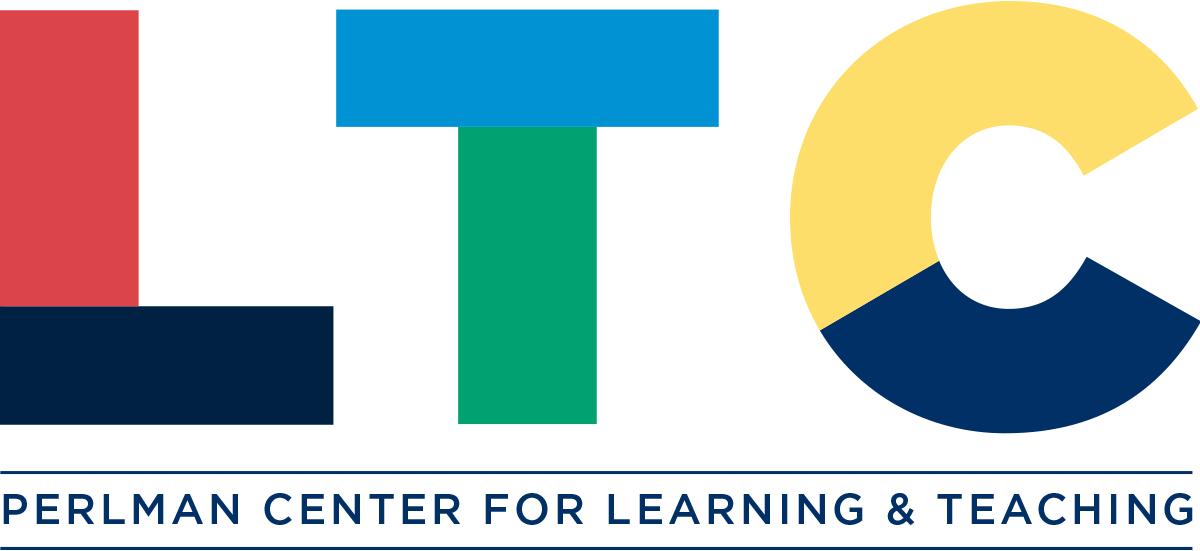Co-Mentoring in Teaching and Scholarship
This is an ongoing opportunity for faculty at any level to learn from one another by collaborating. Collaborations can include but are not limited to:
- Shared scholarship
- Joint teaching
- Curriculum development
- Evaluation of classroom teaching
- Integration of technology into teaching
New faculty can present fresh perspectives on their disciplines, on newly-emerging interdisciplinary emphases, and on new ways to integrate technology into teaching, among other things. Senior faculty can draw on their experiences as classroom teachers, their status as recognized scholars, their knowledge of campus cultures and their successes as builders of curricula.
Faculty pairs will develop projects of their own design. Pairs may consist of faculty from the same discipline or be from complementary disciplines. They can be based on a single campus, on both campuses, or might include faculty from other colleges and universities. Proposals will describe the activities to be undertaken and must state clearly the goals and outcomes of the co-mentoring project and how it will benefit teaching, scholarship, or the curriculum.
Mellon support of up to $1,000.00 per pair will support joint meetings, travel and incidental costs. The two colleges together have $48,000 over four years to support approximately twelve pairs of co-mentors in each year.
Faculty Exchanges
Through a program of semester-long, inter-college exchanges, individual faculty members and academic departments at Carleton and Macalester will benefit from the fresh perspectives that can come from closer contact with each other. We expect visiting faculty will bring back to their campuses ideas gained from being a faculty visitor. Departments in turn will benefit from the participation of teacher/scholars from a similar (but also different) college environment.
Exchanges are to be for one term or semester, will involve half-time teaching, and require full participation in the culture and activities of the host department and college. The reduced teaching load will also allow visiting faculty to devote time to personal scholarship and, perhaps, to scholarly collaboration with colleagues in the host institution.
There will be up to two pairs of exchanges per year, not necessarily between corresponding departments.
Group Grants
Meetings and symposia are meant to support our tenure-track faculty at both colleges in
- Developing new teaching skills,
- Designing courses,
- Formulating curriculum,
- extending research agendas, and
- learning more about the culture of their colleges,
especially in relation to clarifying expectations respecting scholarship, teaching, and service. We found during our planning grant activities that junior faculty at the two colleges had a great deal to talk about with one another. These meetings will identify and implement new ways to support junior faculty as they move from their initial semesters of teaching to anticipation of their third year reviews and beyond.
Supported activities will build collegiality and create opportunites to share concerns, ideas, and solutions among cohort groups. These can take many forms, including ongoing colloquia, retreats, or informal gatherings of faculty from one or both campuses. Colloquia or retreats may result in reports to the administrations of the colleges, motions for consideration by faculty committees, or proposals for changes in policies, resources, or faculty development opportunities.
Cohort groups might include
- Faculty of color,
- Newly tenured faculty,
- Those anticipating retirement, or
- Lesbian, gay, bisexual, and transgender faculty.

